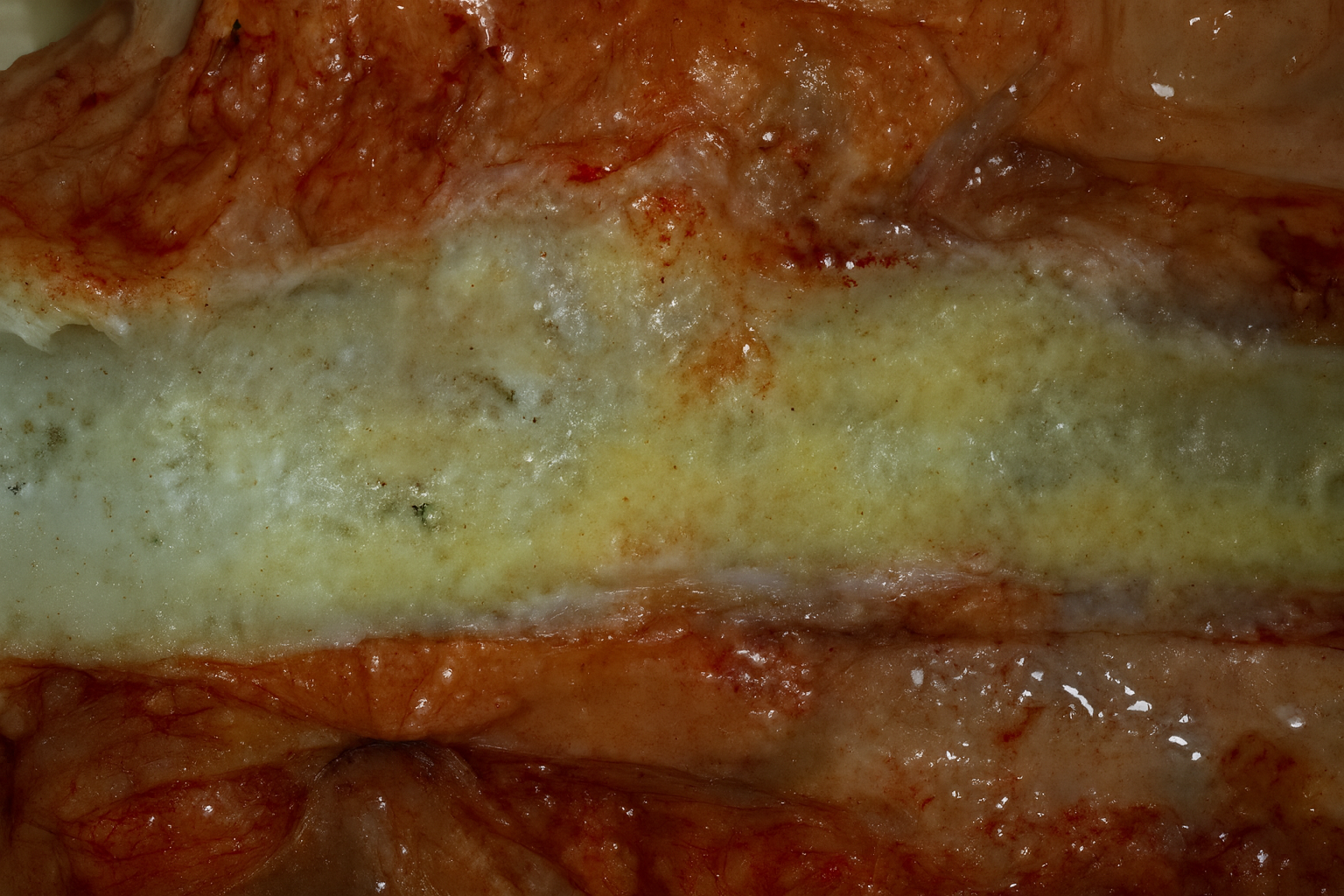In cases of lungworm infection, the lungs and deeper airways are infected with the equine lungworm Dictyocaulus arnfieldi. In horses, the infection is often accompanied by frequent coughing, and the diagnosis is frequently missed. Donkeys often show few clinical signs of a lungworm infection but are commonly the source of pasture contamination for horses. Horses that graze with donkeys or on pastures previously used by donkeys have an increased risk of lungworm infection.
Adult female worms lay eggs in the lungs of the donkey. These eggs hatch into larvae, which are coughed up, swallowed, and excreted onto the pasture in the manure. After a few days, the larvae become infectious to the host. The larvae die off due to dryness and/or cold. The more larvae a horse ingests, the more symptoms the horse will develop. Once a horse is infected, it quickly develops immunity against further infections. However, horses can be latently infected, continuously shedding very small numbers of larvae in their manure. In horses not exposed to infection for over a year, immunity disappears, making them fully susceptible to infection again.
The clinical symptoms of a lungworm infection can vary. Mild symptoms include frequent coughing and increased respiration. A severe symptom is suffocation caused by a buildup of larvae and mucus in the airways.
Based on clinical symptoms, previous grazing history, and the detection of larvae in the manure, a diagnosis can be made. Unfortunately, larvae are not always visible in the manure of horses. In donkeys, however, larvae are almost always present in the case of infection. The manure is examined using the Baermann method, in which the larvae are isolated from the sample.
Treating lungworm is not very difficult. Products containing ivermectin or moxidectin are both effective. It is important to stable the animals to prevent further contamination. If animals are coughing heavily, have a fever, or experience breathing difficulties, it is important to consult a veterinarian. Infections in horses can generally be prevented by not grazing horses together with donkeys.
If the lungworm test shows your horse is infected, we will provide you with a personalized treatment plan. This way, your horse’s health comes first and unnecessary deworming can be avoided. Please feel free to contact our team if you have any questions; we are happy to help!
